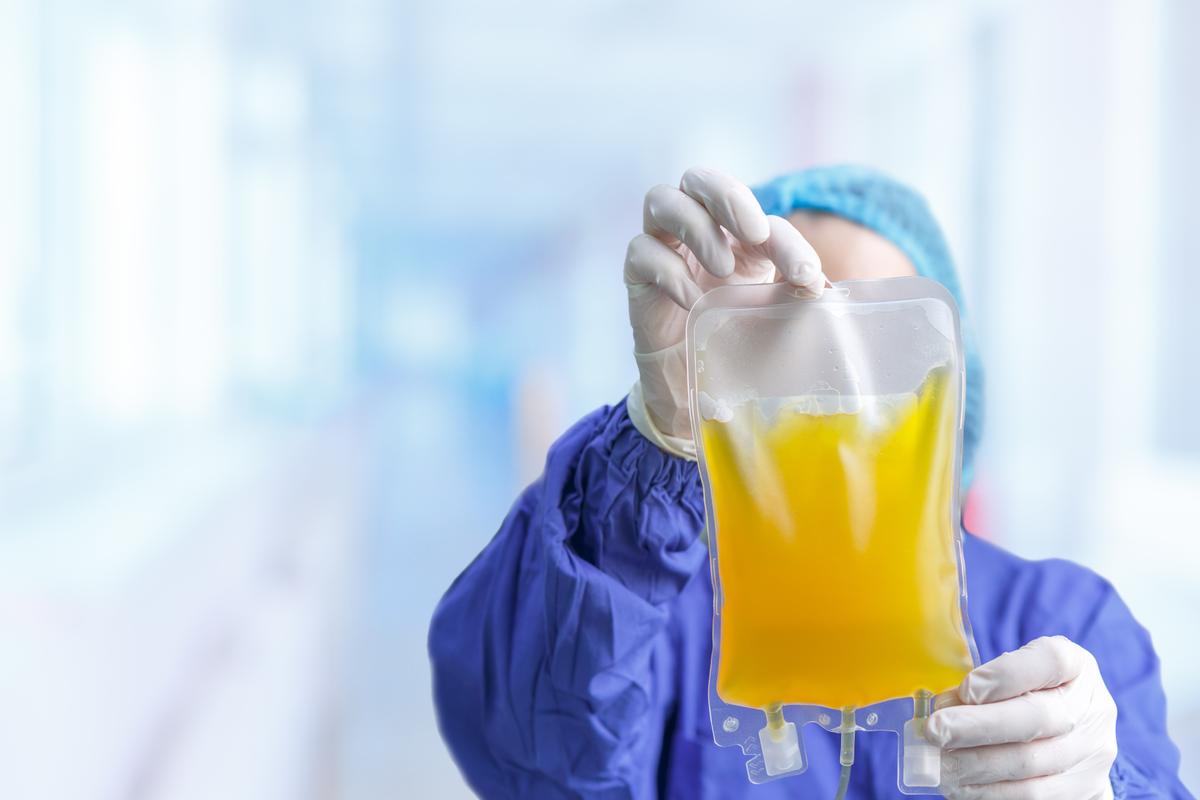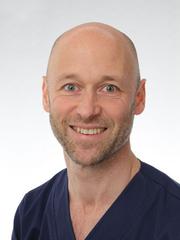The plasma trial is one of the DAWn-consortium (Donated Antibodies Working agaiNst COVID-19) trials. Between May 2020 and January 2021 almost 500 hospitalised COVID-19 patients participated in the trial. Two third was treated with convalescent plasma, plasma that was donated by recovered patients with a high concentration of antibodies against the coronavirus. The other patients were in the control group: they were not administered plasma. It is the first international trial taht used such a large amount of plasma with antibodies.
Safe but not effective
Prof. dr. Geert Meyfroidt, national coordinator of the plasma trial: “We hoped that the need for intensive ventilation and the number of deaths in COVID-19 patients would increase as a result of administering plasma with antibodies in an early stage of their hospital admission. Given the fact that convalescent plasma had had a promising effect for a number of infections, this was definitely a relevant research question. Our trial clearly showed that even a large amount of plasma with a large number of antibodies, was not able to influence the natural immune reaction and to improve the outcome for patients.”
Our trial clearly showed that even a large amount of plasma, with a large number of antibodies, was not able to influence the natural immune reaction and to improve the outcome for COVID-19 patients.Prof. dr. Geert Meyfroidt, intensivist at UZ Leuven
“Administering convalescent plasma is safe, because we did not see any severe adverse effect. Even though the negative results are disappointing for our search into a good treatment of COVID-19, from a scientific point of view it is important we were able to execute this trial in a controlled manner and on a large scale. We now have a clear answer to the research question, enabling us to focus on other therapies in future research”, professor Meyfroidt says.
Large national collaboration
The trial started within two months after the start of the pandemic, in the spring of 2020.
Prof. dr. Meyfroidt: “The fact that we were able to set up such a wide collaboration between that many Belgian centres, amidst a terrible pandemic with over-stretched hospitals, also gives a signal of hope. Science works best if we work together. Hopefully we will be able to set up more similar trials in future, of course, if at all possible, with a more positive result. We are very grateful for the collaboration with the blood institutions, Rode Kruis Vlaanderen and Croix Rouge, who put in an immense effort to collect the plasma. The trial received financial support from the Federal Knowledge Centre for Healthcare, which was a tremendous help during the course of the trial.”
Lessons for the future
Prof. dr. Meyfroidt and co-principal investigator prof. dr. Timothy Devos continue to work together with international groups to compare the results of the various plasma trials. The researchers hope to get a better understanding of why the treatment did not provide the expected result, which will help them in their search for new therapies.


